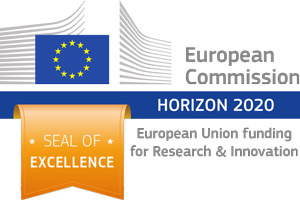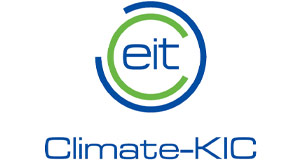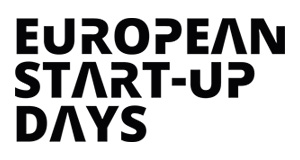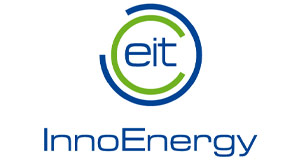WHAT WE DO
Handerek Technologies has created a groundbreaking patented technology which chemically recycles waste plastic into feedstock to make clean recycled plastics or to be used as low-carbon alternative fuels.
We aim to become the global standard in plastic to fuel technology and have a significant positive environmental impact by maximizing waste recycling.
Grand Prix winner
of major innovation and technology fairs

Handerek Technologies sp. z o.o
realizuje projekt dofinansowany z Funduszy Europejskich
„Wdrożenie na rynek innowacyjnej technologii do produkcji niskowęglowych produktów węglowodorowych przeznaczonych dla przemysłu petrochemicznego i chemicznego”.
Celem projektu jest wdrożenie na rynek innowacyjnej technologii do produkcji niskowęglowych produktów węglowodorowych (średniej frakcji olejowej „HAT-OIL“, oraz lekkiej frakcji benzynowej HATLIGHT) przeznaczonych dla przemysłu petrochemicznego i chemicznego.
Dofinansowanie projektu z UE: 22 111 554,85 PLN

State-Of-The-Art Technology of
Waste Plastics Conversion Into Fuels
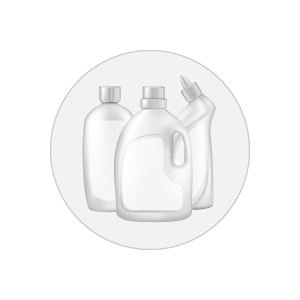
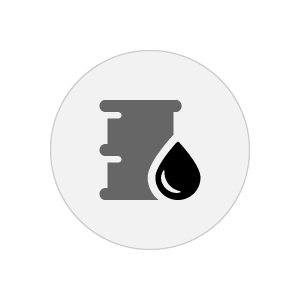


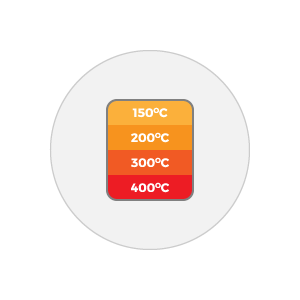

PLASTIC WASTE
CRACKING
HYDROGENATION
ISOMERIZATION
FRACTIONATION
REFINED FUEL

PLASTIC WASTE

CRACKING

HYDROGENATION

ISOMERIZATION

FRACTIONATION

REFINED FUEL
1 KG WASTE PLASTICS = 1 L FUEL
Benefits:
- End product is fuel of quality compliant with EU standards:
- diesel
- gasoline fraction
- jet fuel fraction
- Process is commercially attractive without external subsidies
- Technology generates revenues thus minimizing overall waste management cost for local governments and communities
- Positive environmental impact
Innovative technology:
- Unique technology resulting directly in engine fuels meetings the requirements of EU standards and ready to use or sale
- Designed to operate in a continuous mode
- Process runs under atmospheric pressure
- Process is energy self-sufficient providing gas and fuel used to operate it
Other
advantages:
- Effective plastic waste management and recycling
- Reduction of plastic waste in landfills and environment
- Respect for natural resources of raw materials
- Increased energy diversification
- Reduces import of crude oil
- Fuel produced with CO2 emissions lower than that of production from crude oil

